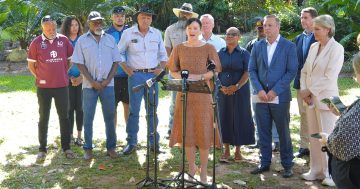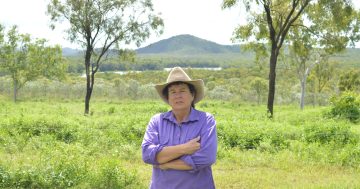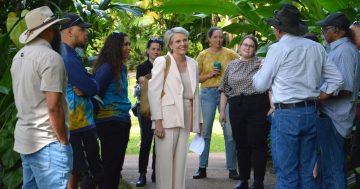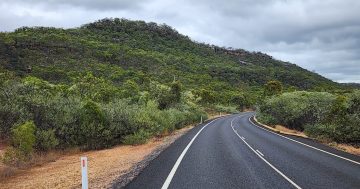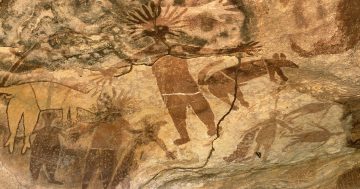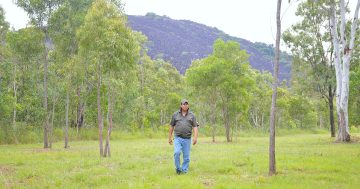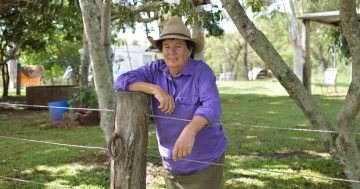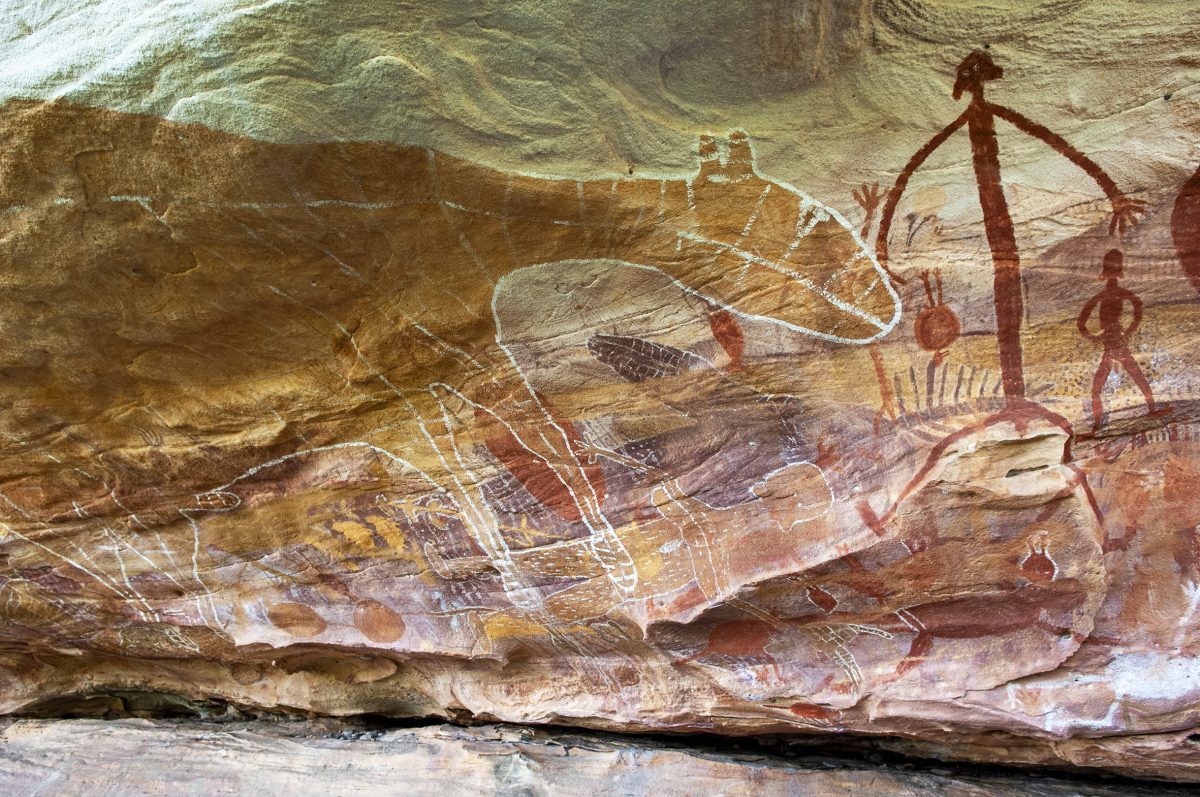
Editor Lyndon Keane says transparency concerns surrounding the engagement process for tentatively listing seven Cape York sites for World Heritage status, including Quinkan Country, mean the new State Government’s recently-announced review should be welcomed by local stakeholders. Photo: Supplied.
Anyone genuinely concerned about protecting Cape York’s environmental and economic future will be applauding the announcement from Minister for the Environment and Tourism Andrew Powell the State Government will review the process that resulted in seven locations being tentatively listed for World Heritage status in mid-2024.
Why? Because, despite assertions from the former Labor Miles government and its federal counterpart that the process was undertaken in a manner involving the “participation and free, prior and informed consent of all who have rights and interests in potential areas”, the reality is the journey from announcing the plan to submitting the tentative listing to UNESCO had all the transparency of a checker plate panel.
In fact, a political cynic could be forgiven for thinking the amateurishly expedited engagement and submission process was primarily targeted at appeasing UNESCO to prevent the Paris-based environmental watchdog from banging a giant red flag in the middle of the Great Barrier Reef after another failed health report. Additionally, with state and federal elections likely to be held less than five months apart, the smoke-and-mirrors Cape York nomination wasn’t the worst way to try to convince traditionally green voters to consider a red candidate at the ballot box.
We’re told the overwhelming majority of Traditional Owners (TOs) who participated in the former state government’s consultation sessions – for which the Cape York Land Council (CYLC) was paid $1.2 million to facilitate – supported the proposed sites receiving World Heritage recognition. The problem is it’s impossible to determine whether or not this is actually the case, because no one’s been able to get their hands on a copy of minutes of the meetings to see who was there and what was said. Not ideal for a purportedly open and transparent process. Several TOs I’ve spoken to refused to participate in the sessions because they believed the process was a fait accompli designed to deliver a tick-and-flick show of support for the plan.
CYLC boss Richie Ah Mat didn’t respond to requests from this publication for an interview to discuss his thoughts on the review, but he told The Australian he had been surprised to learn “many people weren’t happy about the process”. That admission will certainly come as news to the TOs I spoke to, most of whom believe any opposition to the tentative listing was silenced by the very organisation tasked with ensuring their voices are heard by government.
Cape York residents have been doing a pretty good job at protecting the pristine landscapes and ecosystems up this way for tens of thousands of years – how will that be improved if the status quo is scrapped and we’re suddenly subject to scrutiny from an international body more than 14,500 kilometres away? Some would argue the scenario is the very definition of political arrogance and delusion.
Opposition Leader Steven Miles, who was at the helm when the previous Labor government leapt headlong into a process that’s delivered more questions than answers, has admonished the Liberal National Party government and suggested it “would only tear up that tentative listing if you hoped to log and mine on that land without those communities’ consent”. It’s a tone-deaf response from a former premier whose government delivered a master class in ignoring calls from communities for open and honest engagement while the tentative listing was being compiled behind closed doors.
Cape York is an incredibly special place unlike anywhere else on the planet. Its landscape and people – blackfellas and whitefellas – are unique and it’s that combination that makes it such a fantastic place to call home. It’s also what draws about 100,000 tourists and their wallets to the northernmost part of the country every year.
We need to ensure our environmental and economic prosperity are not derailed by politically-motivated plans that currently leave a huge question mark hanging over the region and, if World Heritage status were to be granted, create a tsunami of additional reporting requirements that would do little other than pouring fuel on an already broken, smouldering bureaucratic machine at the expense of legitimate environmental and economic safeguards for future Cape York generations.


